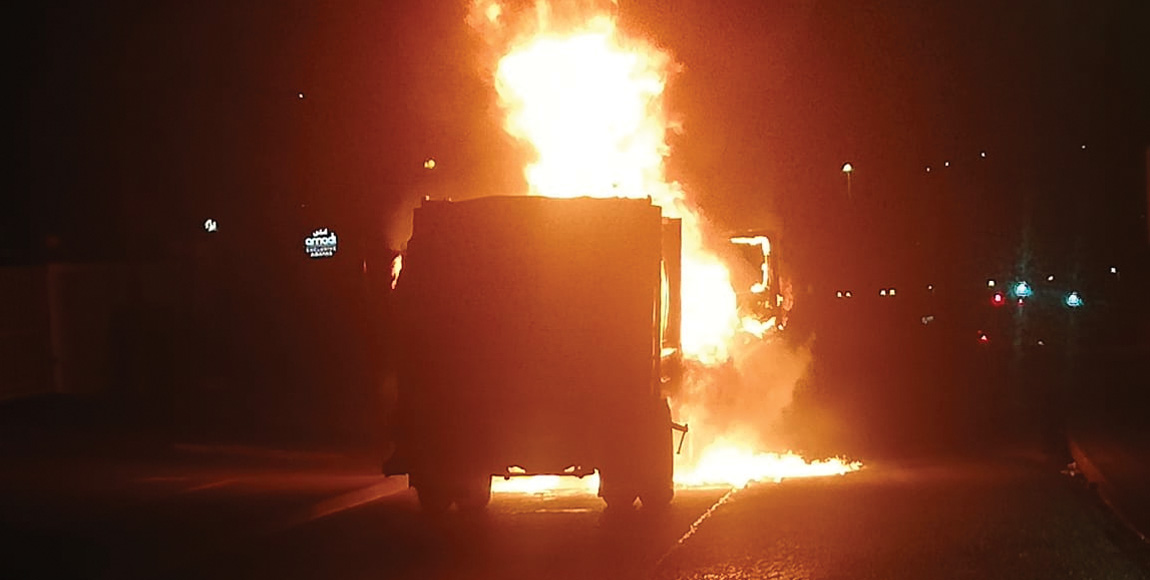A slap in the face

For the past 15 months, South Africa’s trucking industry has been subject to a spate of violent attacks allegedly carried out in the name of protest action aimed at preventing foreign nationals from taking local jobs
Ironically, one of the latest victims was a Cape-based truck driver, Bernard Groenewald, who died of injuries sustained when his vehicle was petrol bombed on the N1 near Touws River in the early hours of June 2.
South Africa’s Road Freight Association (RFA), estimates that about 213 lives have been lost and about 1 200 vehicles and cargoes destroyed since March 2018. The association puts the cost to the economy at about R1,2 billion.
Moreover, stakeholders in the road-transportation industry have warned that the sector – which is estimated to contribute about R121 billion to the economy on an annual basis – is at risk of slowing substantially as a result of the incidents of intimidation and violence.
With the country’s gross domestic product (GDP) already having dropped by 3,2 percent in the first quarter of the year – contributing to an erosion of growth in the transport sector – there are fears that continued attacks on trucks will exacerbate the negative impact. Equally worrying, economists have cautioned that the Port of Durban could find itself faced with a dwindling number of imports and exports if attacks continue along the N3.
Gavin Kelly, CEO of the RFA, says the intensity of intimidation and the vehemence of violence appear to underline the seriousness of the protesters’ demands, with drivers feeling that any threats made against them will be carried out. The industry, he warns, is faced with much uncertainty.
Further, in his column in this edition of FOCUS, Mike Fitzmaurice, CEO of the Federation of East and Southern Africa Road Transport Associations (Fesarta), warns that the South African situation is likely to escalate into regional chaos. He says he has been informed that Zimbabwean, Zambian and other national truck driver associations intend to take retaliatory action by targeting and eliminating South African drivers who attempt to cross into their countries.
In an effort to bring the seriousness of the situation to government’s attention, Fitzmaurice says Fersarta has endorsed a suggestion by the RFA that South Africa needs No Truck Days to bring home to authorities the importance of road transport as the lifeline for the survival of the country’s economy.
While he admits that such a decision would cause a crisis for fuel and industrial supplies – and paralyse ports such as Durban and Cape Town – he says the aim would be to ring an alarm bell in some inner recess of government and spur some action. The way Fitzmaurice sees it, a task force appointed by government to investigate the issue of foreign driver employment represents a slap in the face for an embattled transport industry – “an unsuitable response to sheer anarchy and bloodshed”.
Published by
Focus on Transport
focusmagsa




